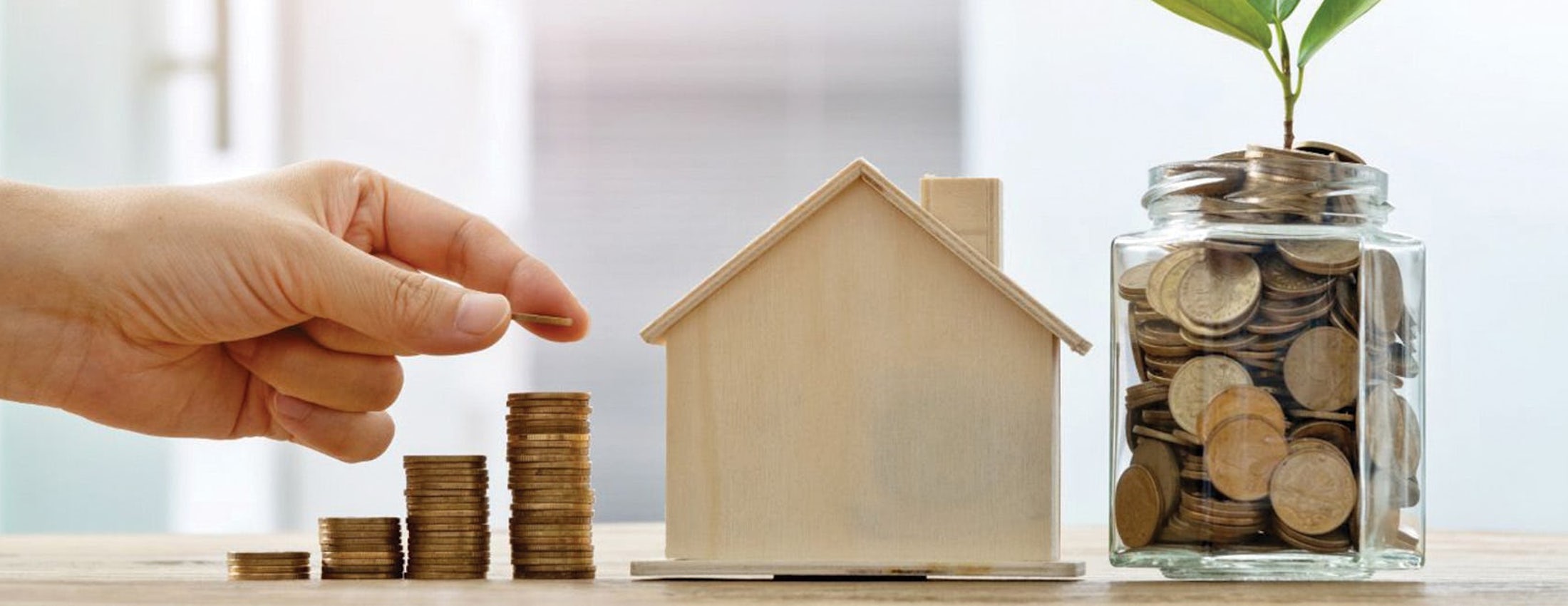
What is Earnest Money In Real Estate?
- Author:
- Zachary Sodolak
- Posted:
- June, 7, 2024
- Categories:
- General
Navigating the complexities of real estate transactions can often feel overwhelming, especially when it comes to understanding the various financial components involved. One such critical component is earnest money. In this piece, we will delve into what earnest money is, its purpose, and answer some frequently asked questions to provide you with a comprehensive understanding of this essential aspect of buying a home.
What is Earnest Money in Real Estate?
Earnest money is essentially a deposit made to the seller to take the piece of real estate you are purchasing off the market. It’s a way of showing that you are serious about the property and wish for it to be held for you while the closing process is arranged. This deposit acts as a good faith gesture, indicating your commitment to following through with the purchase.
What is earnest money used for in real estate?

As stated earlier, earnest money is used to take a property off the market and hold it for a specified buyer. By providing this deposit, the buyer signals their intent to proceed with the transaction, giving the seller confidence to enter into the agreement without worrying about the buyer backing out.
What percentage is normal for an earnest money deposit?

The percentage of the earnest money deposit can vary, but typically ranges from 1% to 5% of the purchase price. At Kindred Homes, our earnest money deposits generally fall between 1% and 3%. However, this can greatly vary depending on the specific home you are purchasing and a variety of other background criteria. It’s always best to discuss the specifics with your New Home Consultant to get an accurate understanding of what is expected.
Is earnest money required?
Yes, an earnest money deposit is required on every home you purchase with Kindred. This requirement underscores the seriousness of the buyer's intent to purchase the property. For exact details on what is required, it is advisable to get in contact with your New Home Consultant, who can provide you with all the necessary information and guide you through the process.
When is earnest money due?
Earnest money is due upon execution of a contract. Essentially, the home remains on the market until the earnest money is paid. This timing ensures that the seller can have confidence in the buyer’s commitment from the outset of the contract, facilitating a smoother transaction process.
What happens to earnest money at closing?

At closing, earnest money is typically applied to the total contract price. This means that the deposit you initially made is deducted from the overall purchase amount, reducing the remaining balance you need to pay. It’s a straightforward way to credit the buyer for the initial good faith deposit made at the beginning of the transaction.
Understanding the role and nuances of earnest money in real estate transactions is crucial for both buyers and sellers. It serves as a critical component of the home buying process, demonstrating a buyer’s commitment and helping to facilitate smoother transactions. If you have any further questions or need personalized guidance, reaching out to your New Home Consultant at Kindred Homes is the best way to ensure you have all the information you need for a successful home purchase.
